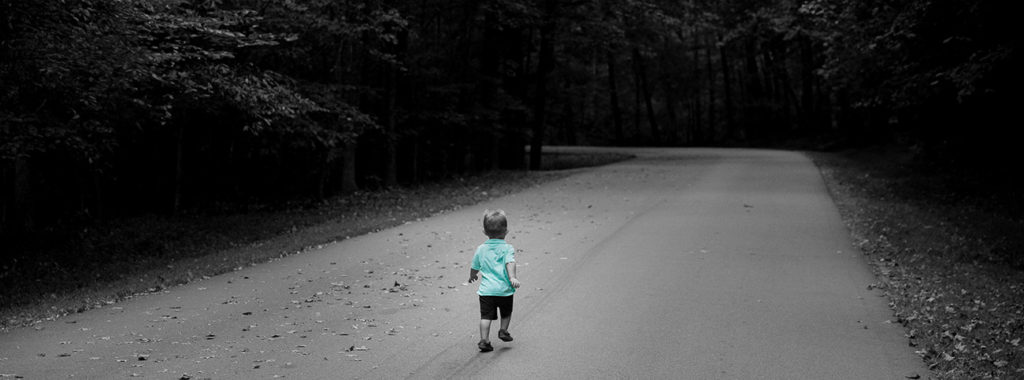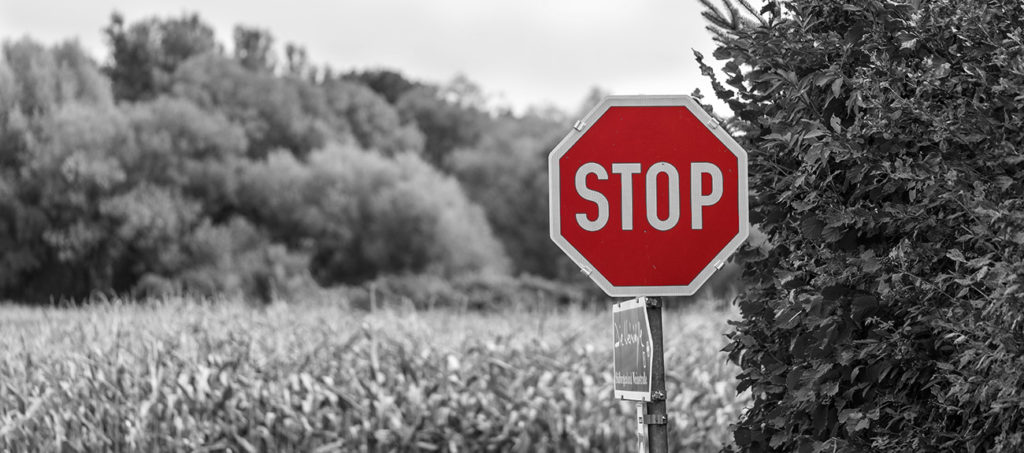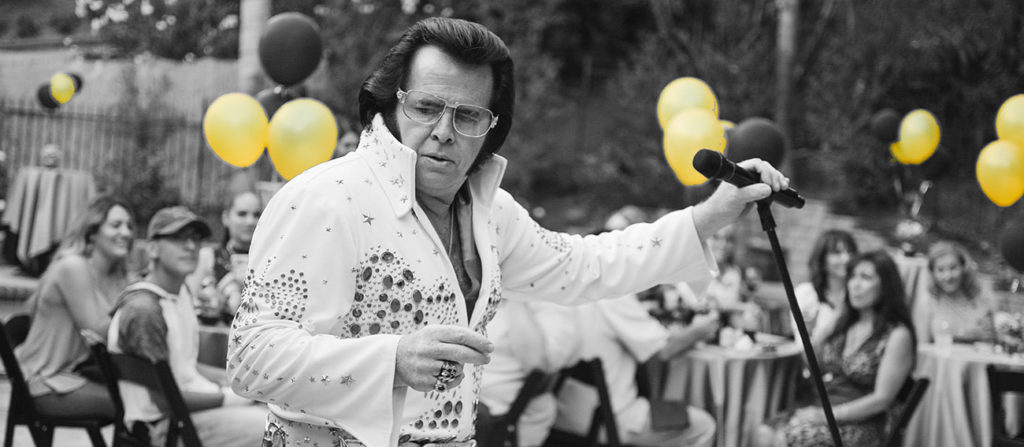If you’re like me, you spent more than 3000 days going to school. You spent 24,000 hours in and out of classes and countless more on homework assignments and test preparation. You were subjected to standardized “tests” that normalized your responses to questions and hypothetical problems relative to the performance of your peers. Forced to consume and memorize second-hand facts and frameworks, and effectively turned into an “exam machine” whose usefulness is evaluated on how many of these tracks you can maintain in any given semester.
Now ten years on from that experience I have spent an equivalent period learning in a new way. Through experiencing life, asking questions when I don’t have answers, reading the books and topics that inspire me and setting goals that I work towards until I either accomplish or fail to attain them. Along the way, sagacious people and powerful moments have taught me many things I was never taught in school. Here is a collection of my favorites.
The world is not static
I had initially put this insight at the bottom of the list, but while typing this out, I began to realize that this idea is so central to the rest that it deserves to be unpacked first. Most other points in this post benefit from you seeing things through this lens. Have you ever thought to yourself “All the great inventions have already been invented,” “All the good science has already been figured out,” “We know how to best structure our civilization, economy, and community and it’s through democracy and capitalism.” If so, you were looking at a static picture, a here-and-now that misrepresents how the universe unfolds. Everything you see around you, from the mating patterns of lady bugs to the foreign policy of nations is constantly in flux. The non-static nature of your surroundings means nothing that is true today has to be true tomorrow. You are living in a non-static World, and everything that happens to you can be seen as a beautiful opportunity, not as a “given” circumstance of cause and effect. Things are constantly changing and you can be an agent of that change. So how can you cultivate a “you” that drives change? By being curious.
Be curious

The best and most immeasurable quality in any new hire at a company is curiosity. Curiosity forces you into unexplored territory, it doesn’t allow you to take misinformation at face value, and it is the driving force behind taking action. Being curious makes you a lifelong learner, and in today’s world, that means an eternal acquirer of the world’s most valuable resource: information. While being endlessly curious forty thousand years ago was more likely to get you into trouble than cause any good, today curiosity has become a necessity. We now live in a world where life-changing technology, science, and ideas that would take 100 years to develop are surfacing at a rate of one every two years. Without curiosity, you are destined to watch the world pass you by as you stick to your guns and relish in your comfort. Embracing your curiosity and flexing the curiosity muscle as much as you can is at the top of my list of “things you weren’t taught in school,” and it leads to the next thing, which is used as a yardstick for evaluating whether you are curious enough, failing often.
Fail often
If school taught me one thing well, it was that I should aim for 100 and that failing is BAD. We carry this baggage around with us for the rest of our lives, unless we break away from its grip on us. We’ve unwittingly created an army of people in jobs across the globe that can’t fail, and are so allergic to failing that they will lie and cheat to avoid being perceived as failures, why did we do this?
Failing means a risk was taken; big failures often mean big risks were taken. If you, your company, your club, your community, or craft want to remain relevant in an evolving world, they will have to consider risks and failing will be an unavoidable consequence. The “failing is terrible” culture has created a knee-jerk “so sorry you failed” response; when someone close to you fails you should celebrate that failure, they had the presence of mind, courage and vulnerability to take a risk, and they will pick themselves up for the next round. It is difficult to pinpoint why you succeeded in moments of your life, but you never forget the reasons you failed. In this way failing teaches us more than succeeding, and allows us to reflect on who and what we are at that snapshot in life, allowing us to self-examine and root ourselves in the next thing you weren’t taught in school; being present.
Be present

You have bills to pay, and that one person at work has been annoying lately, you need to make plans for the weekend and a thousand other jobs that you need to perform this month. Let’s call any cognitive process that fits into the bucket of planning for these future jobs “the future.” You also have that argument you got into with your neighbour about their tree being in your yard, and that interview you didn’t nail, and you’re trying to figure out why. Let’s call all these things we’re dwelling on and re-running in our heads “the past.”
If you were to do an audit of what percentage of your time is spent thinking in these two buckets, what would it look like?
10%? 20%? 30%?
But wait, let us look explicitly at the time you spend with others. Let’s break it down a bit. You likely spend 8 hours/night sleeping, so that’s 33% of your time. Another 4.1% of your time is likely spent commuting to work most days. A frightening new study that I hope isn’t correct indicates we average 4 hours/day on our phones (so another 17% of our time gone). Mix in time at work or school, let’s say another 8 hours (33% of your day), and we’re at 87% of your time.
We’re left with 13% of your time every day where you have the chance to be with people that are important to you. How much of this 3.2 hours every day are you thinking about “the future” or dwelling on “the past.” Being present isn’t a guru mystic catch-all for spiritual development or meditation, it’s about sharing a slice of an experience with people you care about. It’s about tuning out the 1000 TV channels in your mind that are fighting for attention and instead tuning into their channel. Being present is when you create the source material for the narrative that is your existence, everything else is just analysis of that source material, so make it right.
Be you
This is the biggest lesson you will ever learn in life, and once you internalize it you are never the same, and you will see it in everyone you meet. When I started my first company, I was forced into an existence where I no longer had the protection of an identity like a company or role or salary. I was a nobody who was trying to create something from scratch and needed help. I spent much of 2015 seeking investments for my ideas. When you play the game of seeking financing for your “tech startup” there are a lot of “how to’s” and “rulebooks” you can find online or through conversations with other entrepreneurs. It can feel like a “can I learn this all fast enough to keep the company alive” scenario. My breakthrough moment came when I had done many pitches and months of refinements, following all the rules only to fall flat on results. I had a moment where I said to myself “I am not going to follow the rules of the game, I’m going to be myself and if investors like me then that’s great! If they don’t, so be it”. This single transformative line of thinking has changed me forever.
Trust me when I tell you, you can never live up to the reputation of the outward facade you create because you were trying to be something “they” would “like.” There is only one you, and the culmination of all your past experiences are so unique that even you don’t know how to fake that uniqueness, other than to just embrace who you are. Being you is the most significant defense you have against being caught in a lie, saying one thing but doing another, or ultimately being perceived as the antithesis of the story you were weaving for the audience you were trying to please. When you truly know who you are and embrace the idea of being you, it’s like taking an immunization shot against becoming nothing.
Question rules

If we’re now in agreement that the world is not static, then rules have new meaning to us. Every rule that has ever been created was done so to teach others who find themselves in the same scenario in the future the best course of action that limits negative outcomes. They were likely developed as a subset of a larger framework by ordinary people, many of which are no more special than you. They WERE NOT designed by a God like all-knowing entity. They were also created at a specific point in time, at which the rule makers had at there disposal all the best information available to them at the moment of the rule making decision.
Rules are reasonable, but you need to question them. School has a lot of rules, and they cultivate an environment of obedience and rule following that, like targeting an A+, has second level cultural impacts that are overall not very healthy. By questioning and not blindly following rules, you put yourself into a camp that defines what happens next.
Ask for more
You’re going to spend a lot of life under the shadow of more experienced people, on the rung of a hierarchy, or just generally looking to collaborate with others. Assuming you work hard, with integrity and are kind to people, there is one thing you need to practice to level up, and it’s asking for more. In a previous post, I wrote about this concept, when your learning is tapered in life or at work, ask for more. If you get “No” for an answer, look deeper into the “why.”
Asking for more acts as a way for you to test the rigidity of the collaborative structure you find yourself. If someone says no to you, you’re in the same position you started off in, so no harm done. However you now also have new perspective into your perceived value and can use this as a platform to improve. Asking for more work, different work, more salary, more focus, teaches the person you’re asking that you see value in the things you’re seeking and helps them re-orient around your abilities. Asking others for more can be scary and opens you up to critique, but that’s okay because…
People are less critical of you than you think they are.

Life has a way of chipping away at you, the people you meet in life act as a mirror you can use to assess your level of success. When you see success around you, it can be overwhelming to the degree that you feel inadequacy. You can begin to feel like everyone you meet feels this inadequacy and you feel criticized.
I’m here to tell you that in almost all of these cases those people you thought were critical of you, are thinking the same thing in reverse. People have no time to invest in being critical of you when they are so preoccupied with worrying about those that are critical of them. When you start to see things this way you can break out of the loop, out of a “me” centered universe, and into a “us” centered universe.
In the 21st Century ‘attention’ is the scarcest of commodities
We talked a little about how much of your time is spent doing things throughout the day, and how being present is a valuable lesson they didn’t teach us in school, however, we did not talk about how many competing forces there are to our time and attention.
Companies like Facebook, Twitter, Google, and Snapchat evaluate themselves through the metric of “relative attention.” As an illustrative example of how these companies think this is a snippet from a digital marketing resource speaking to “brands.”
A 13-year-old is a hyper-fast scroller and spends an average of 100 milliseconds eyeing each piece of content. If she spends just half a second (500 milliseconds) on your ad, Facebook deems that she has paid attention.
On the other end of the spectrum, you have an aging Boomer who spends an average of 30 seconds eyeing everything in her feed. When served an ad, she spends 31 seconds on it. This is not significantly more attention, so Facebook notes the impression but does not count it toward a lift in Brand Awareness.
In an environment with so many competing forces fighting for our attention, it’s no wonder we need to focus on being more present. This is an upward trend and still feels too early to evaluate. Protect your scarce commodity, don’t waste it on emptiness and share it with people you love or want to get to know.
True knowledge comes from first-hand experience
When I was nine or ten, I would spend my summers in the east coast of Canada at my cottage off the north coast of Nova Scotia. It’s located on a small island tied to the mainland only by a small strip of human-made road on the east side. Most inhabitants are summer vacationers and year-round inhabitants are so few they would all neatly fit into a gym. One of our neighbors was a jack of all trades kind of guy, and among his many talents, he was a cattle farmer. He had a modest herd with a bull, and cows, and calves, and a large plot of land for them to roam and graze. The area was enclosed all around the exterior by an electric fence that made a kind of constant hiss with a pulsating noise that came every 4–5 seconds, a constant reminder that this fence had a life to it.
Curious as any nine year old would be I wanted to know what the fence did, I wanted to know how it worked and how it felt if you touched it. My cousins and brother told me all about how it kept the cows from roaming around the island, and how it shocked you if you touched it and that it hurt a lot. Somehow, whether through peer pressure or curiosity I built up the confidence one day to touch the fence and see for myself what kind of life the fence actually had. When you touch an electric fence it doesn’t shock you right away, the shocks come in waves set to a timer, so when I touched it and didn’t feel anything my brain went into question mode. “Hold it longer,” a cousin said, so I did, and after a second or two with my finger on it, “OUCH!” a shooting pain through my finger and into my arm.
That was the last time I ever touched an electric fence, I still remember all the details some twenty years later, and I intimately remember the feeling it gave me.
If I had taken their word for it, never touched the fence and accepted the guidance that it would shock me, how would it have changed my understanding of it? Would I remember these details so vividly? Would I have inevitably ended up touching the fence later in life?
It’s moments like this and millions of experiences like it that have me thinking about a topic pondered by many, smarter than I for as long as we have pondered these things.
True knowledge lies in first-hand experience.
I’m of course not referring to knowing about something or having facts about something stored in your memory. I’m talking about knowing the nuanced details of a thing, the associated feeling, emotions, smells, tastes, contextual forces and other metadata tied to an experience. This topic deserves its own post it’s so important but the message is simple, experience more and don’t pretend to know something through third-party tell-alls. True knowledge is original mind or as the Buddha said: “You have to work things out for yourself.”
This is the last of my favorites but I want to leave you with a parting thought. Reading posts like these are simply not enough, be more curious, take some risks and fail, be present with people, ask for more, and question rules. Perpetual readers that “know” everything turn into old disgruntled cynics, and no one likes being around a cynic. Touch the fence!